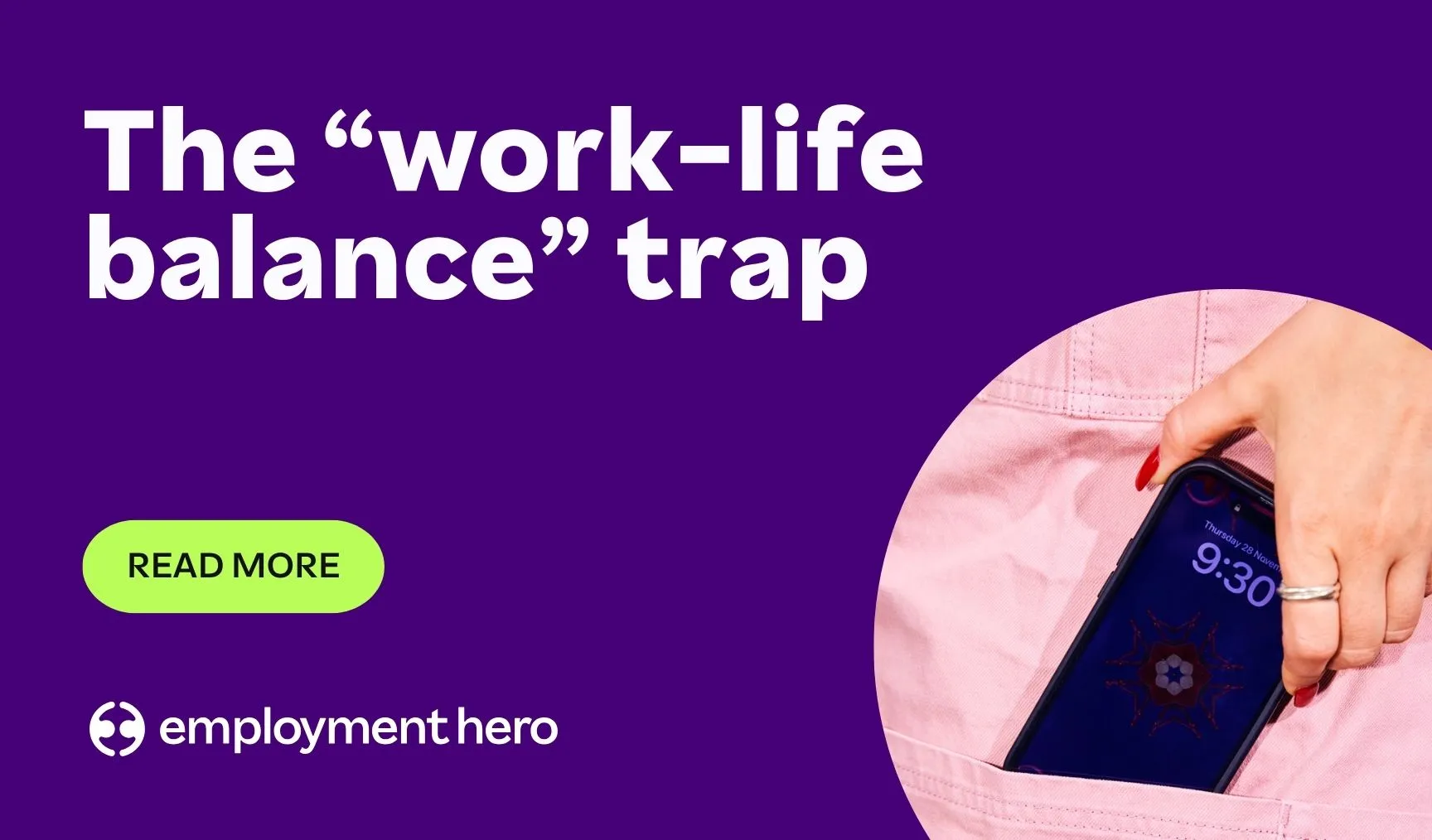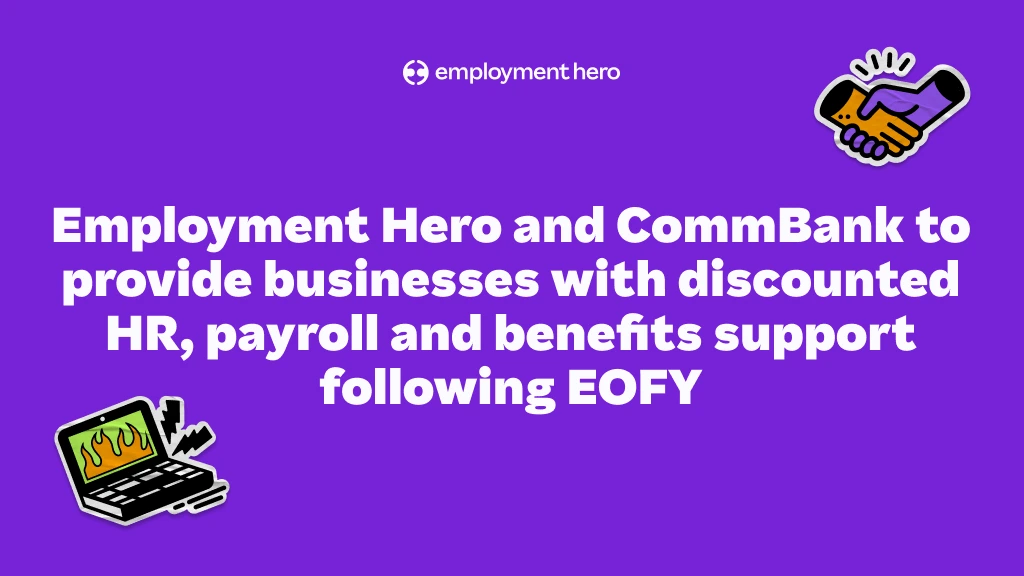Salary Payments in Malaysia
Learn more about salary payments, payslips, payroll records and minimum wage rates in Malaysia.

Disclaimer: The information in this article is current as at 12th April 2023, and has been prepared by Employment Hero Pty Ltd (ABN 11 160 047 709) and its related bodies corporate (Employment Hero). The views expressed in this article are general information only, are provided in good faith to assist employers and their employees, and should not be relied on as professional employment or legal advice. Any reference to government policies, regulations, or guidance is for informational purposes only and should not be considered official government advice. The information is based on data supplied by third parties. While such data is believed to be accurate, it has not been independently verified and no warranties are given that it is complete, accurate, up to date or fit for the purpose for which it is required. Employment Hero does not accept responsibility for any inaccuracy in such data and is not liable for any loss or damages arising directly or indirectly as a result of reliance on, use of or inability to use any information provided in this article. You should undertake your own research and seek professional advice before making any decisions or relying on the information in this article.
Note: The Employment Act is not applicable to Sabah and Sarawak, as they have their own Labour Ordinances respectively: Sabah Labour Ordinance and Sarawak Labour Ordinance.
Salary payments
Every employer must complete salary payments to employees within 7 days after the last day of any wage period (with the exception of overtime, which must be paid not later than the last day of the next wage period).
Wage periods are typically one month, but may vary with employment contracts. Wage periods cannot exceed one month.
In this context, salary payments include the basic wage and other cash payments as per the employment contract — but excludes travelling allowance, deductions, bonus, accommodation, contributions and other expenses incurred.
Payslips
All employees in Malaysia must be issued with a payslip each time they are paid.
Payslips allow employees to keep track of their earnings, contributions and leave.
The following information should be included on each payslip that is issued:
- The employee’s full name;
- The employee’s EPF, SOCSO and income tax membership number;
- The employee’s gender;
- The employee’s identification or passport number;
- The employee’s citizenship status;
- The employee’s wage payment term (for example; daily/weekly/monthly);
- The employee’s wage amount for the period concerned;
- The date of the wage payment;
- Details of other payments for the period concerned (for example; allowances, overtime, payment in lieu of leave, advances, etc.);
- The amount deducted for the statutory contributions and deductions;
- The employer registration number;
- The amount paid by the employer, for employer’s share;
- The full name of the employer or employer’s representative, their address and contact number or email address; and
- Statement of date issued.
Payroll records
In accordance with the statutory data retention obligations, it’s important for employers to keep a record of all payroll activities for at least six years (seven years for SOCSO and income tax purposes).
Minimum wage
According to the Minimum Wage Order 2022, employees are entitled to a minimum wage of RM1,500 across the board for all employers.
This order is not applicable to domestic employees.
For more information, check out our page on statutory contributions and deductions, and our guide to the basics of payroll in Malaysia.
Relevant legislation
Related Resources
-
 Read more: The ‘work-life balance’ trap: Why promising it is hurting your SME recruitment (and what to promise instead)
Read more: The ‘work-life balance’ trap: Why promising it is hurting your SME recruitment (and what to promise instead)The ‘work-life balance’ trap: Why promising it is hurting your SME recruitment (and what to promise instead)
For growing SMEs, work-life integration is a sustainable way to support your team and attract top talent. Explore how your…
-
 Read more: Job ad guide: How to attract top candidates
Read more: Job ad guide: How to attract top candidatesJob ad guide: How to attract top candidates
Looking to hire your perfect match? The way you pitch your open role can be the difference between landing or…
-
 Read more: Employment Hero and CommBank to provide businesses with discounted HR, payroll and benefits support following EOFY
Read more: Employment Hero and CommBank to provide businesses with discounted HR, payroll and benefits support following EOFYEmployment Hero and CommBank to provide businesses with discounted HR, payroll and benefits support following EOFY
Eligible CommBank Yello for Business customers will get the first 3 months free on any Employment Operating System subscription with…





















